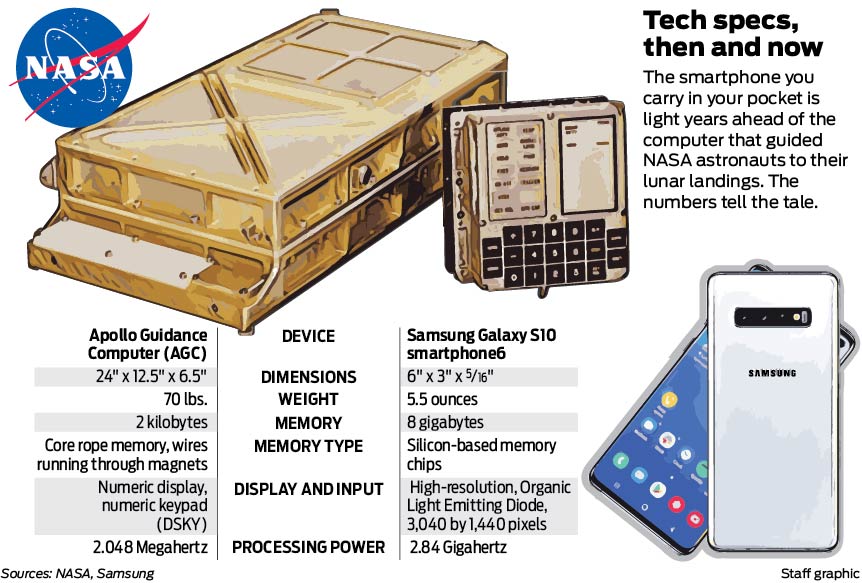Legacy Code
I haven’t been in the industry very long, but the term “legacy code” has been slowly infecting my vocabulary and I want to talk about it.
The term legacy usually implies archaic, old, back when the earth was flat and we didn’t have C++11 - it has a negative connotation (shoutout to my middle school English teachers, only reason I know that word) and thus carries a negative tone whenever engineers use it in a sentence. Even Google defines it specifically within the “computing” category with a negative connotation.
adjective [COMPUTING]
denoting or relating to software or hardware that has been superseded but is difficult to replace because of its wide use.
This is frusturating to me though - legacy code is everywhere, it’s reliable, and we can learn from it. It’s sent us to the damn moon and back, and on 2MHz. We only want to change the legacy because we realized we didn’t do it right the first time; we want to add one more feature, fix one more bug, or implement one optimization we scribbled down a while back. The problem isn’t the code, it’s us.

Side note, Apollo 11 had 2048 words of RAM and 36864 words ROM. For reference you would need at least 15000 Apollo 11 AGCs to spin up a JVM, depending on which version you want. All for.. what? Basically a really strict scripting language with horrible metaprogramming? I don’t know what Margaret Hamilton is doing right now but I wouldn’t be surprised if she enjoyed writing Apollo 11 code more than dealing with the black hole of volatile memory that sits behind modern JVMs.
Anways, back to the rant. You don’t like legacy code? Don’t write it. I just recently graduated from a world in which my assignments revolved around timeboxed, limited-scope programming assignments that are no sooner forgotten than throw in the garbage. It made sense to write code that just got the job done - Git histories could be destroyed, tests were never handed back, and university fileshares are overwritten. However in the real world (something that professors notably forget to mention a lot about), you don’t get a do-over without someone with a different degree coming down and chatting with you.
Sometimes when thinking about legacy code I wander off into the depths of some popular SVN or Git repository just to see how it all started. Did Chrome really just start with “Hello world?”, was Linus just as sassy back in the 90s as he is now? Take the original commits for Chromium. Doesn’t look like much eh? Well that’s because they had no idea the code they wrote would be run on the computers of 64% of all people that use the internet. Now their code is forever preserved in the history of Chrome. If they knew they were writing legacy code, wouldn’t they have written better code?
I’ve gone on too long. My point: as long as you’re writing code for someone else, it’s legacy code. Write good code. Take your time. Use polymorphism sparingly. Design once. Pick tabs or spaces and don’t switch. Pick a style guide and don’t change. If you don’t, the legacy code you wrote yesterday suddenly becomes the problem you’re solving today, instead of more important things - like how we’re getting to the moon.